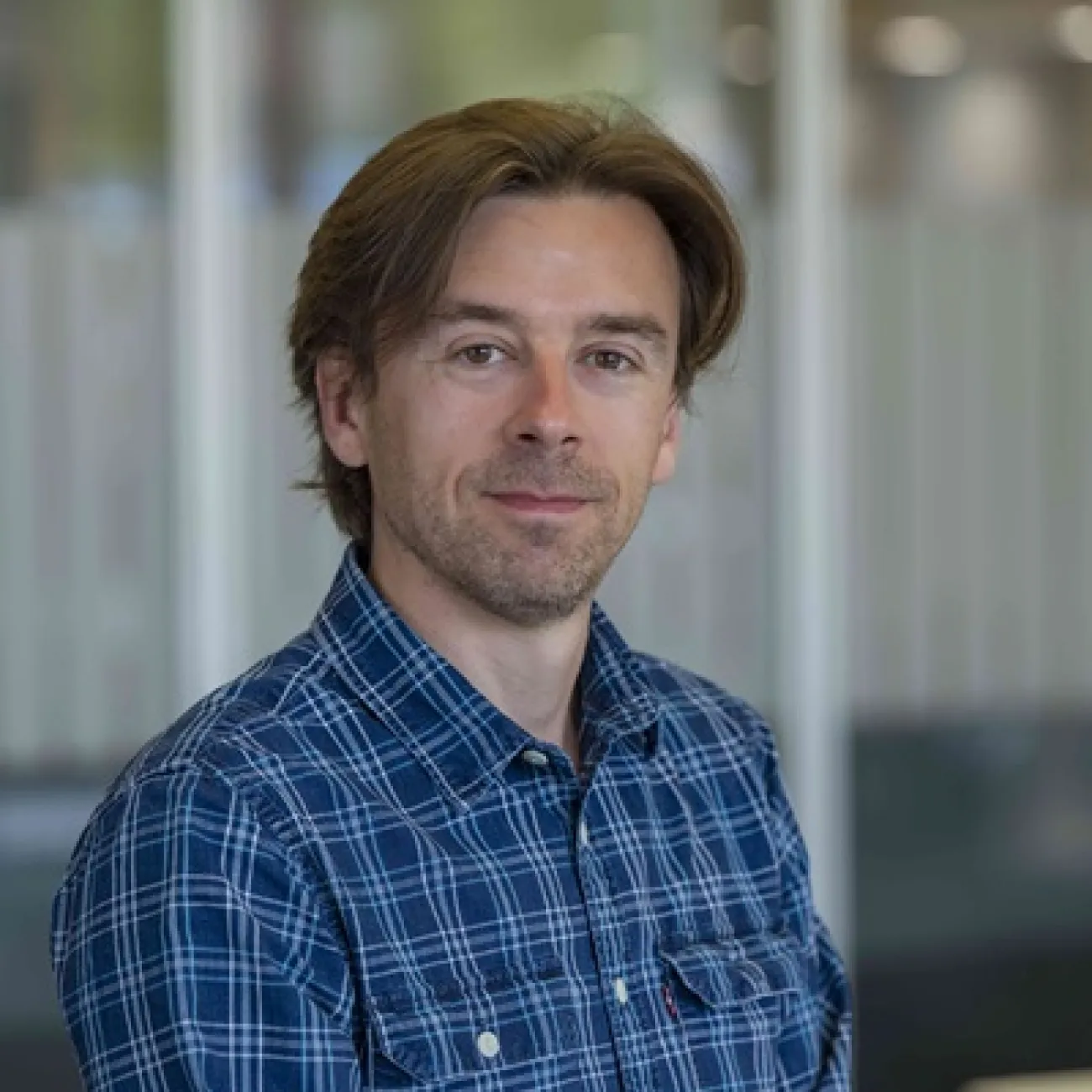About
Since 2023, I am an Associate Professor in the Aeronautics and Astronautics Department at the University of Southampton. I also serve as Coordinator and Senior Tutor for Years 1 and 2 of the Aero & Astro Engineering Programme.
My background spans experimental, theoretical, and computational fluid mechanics. My research sits at the boundary between applied mathematics and engineering, in what is often described as Pasteur’s quadrant: fundamental, curiosity-driven work with long-term practical implications. I particularly enjoy algorithmic development and accurate, efficient numerical methods more than application-focused studies. Ultimately, I aim to develop tools and ideas that help control turbulence, reduce drag, and make Earth greener.
I do reseach on the things that interest me the most, and changed topic probably more than what a sensible academic should. I first completed my PhD in Turin in 2013. A representative output from that period is this paper on stochastics estimation from wall-pressure measurements.
I then moved to Southampton to work on global stability analysis and nonlinear control using sum-of-squares (SOS) optimisation, with an emphasis on methods to obtain rigorous bounds on long-time averages. A good example of the work we did in that time is this paper on nonlinear control of a circular cylinder's wake. There are some good ideas there, and there's more to be explored; the SOS project was just 15 years ahead of time.
The idea of a turbulence control framework targeting statistical quantities directly led me towards shadowing theory — particularly the use of unstable periodic orbits (UPOs), especially long-period ones, to understand how statistical quantities of chaotic systems and turbulent flows change with system parameters. UPOs are mathematically elegant and numerically tractable solutions of the governing equations and far more well behaved than chaotic trajectories. This paper is probably the most representative of this work I started.
To make these dynamical-systems-based approaches tractable for high-dimensional fluids, I expanded into reduced-order modelling. I explored sparsified representations of energy pathways in unsteady flows and the role of low-order models as surrogates for complex dynamics in this paper, but my main line of research now is frequency-domain, space-time reduced order modelling methods, where we seek and use low-order representations of UPOs for control design. Some of the main ideas are discussed in this and this paper, but there is still lots of work to do, especially some interesting line of work on time decomposition techniques and the implementation on HPC and GPUs.
All my work in Southampton has been supported by grants from the UK’s Engineering and Physical Sciences Research Council, the Leverhulme Trust, and the US Air Force Office of Scientific Research.
If you are looking to do a PhD, and found anything above interesting, get in touch. Students with UK-domestic status (which may include EU nationals under some conditions) are welcome to contact me directly. Please attach your CV. International students are also welcome, but they must be self-funded or hold external scholarships, as funding for international students is competitive and extremely limited.
